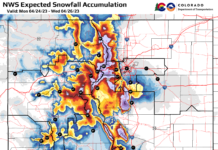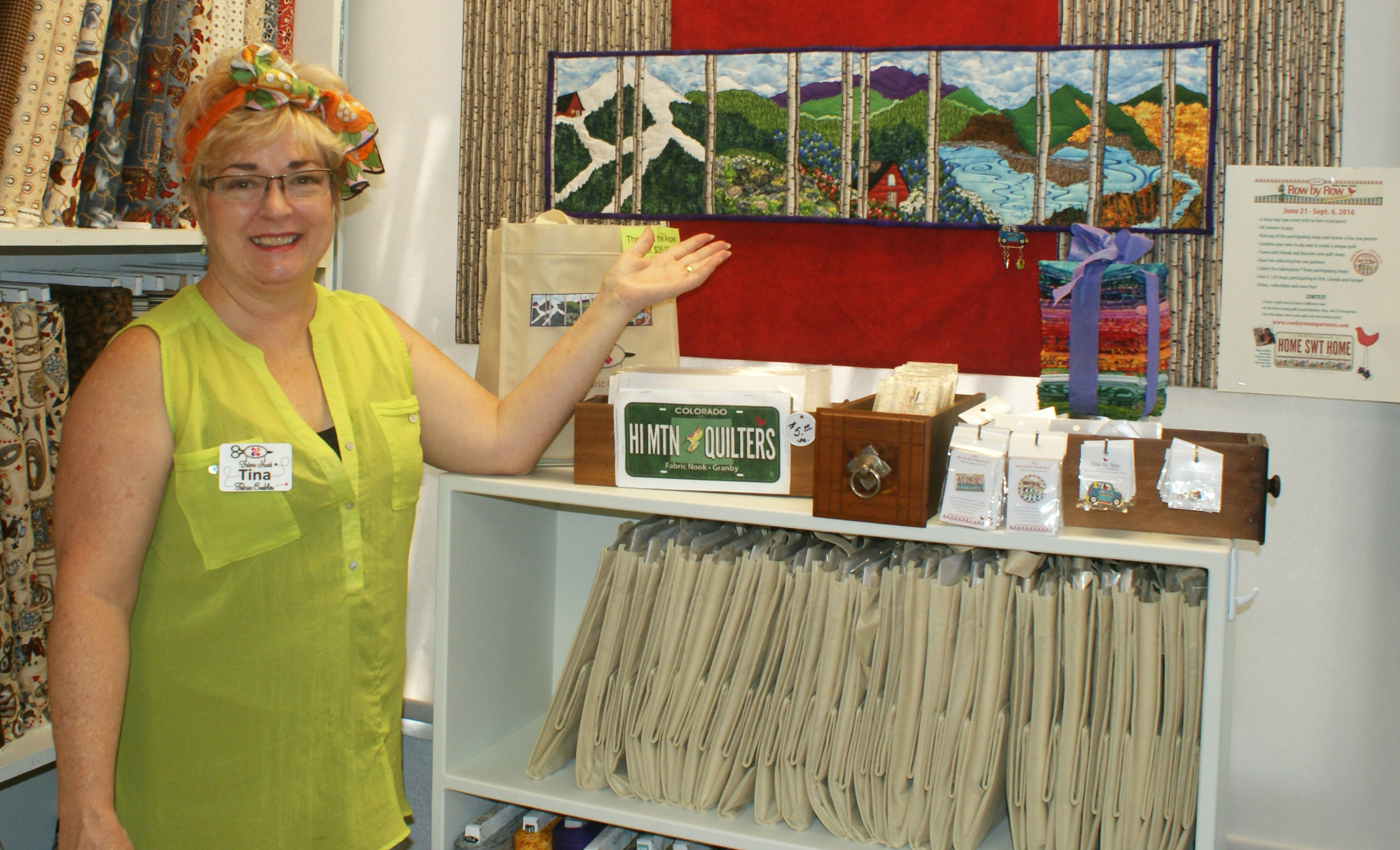by Anastasia Button
CoWorking communities are popping up all over the world and especially in Colorado. Most would think that these spaces are only found in larger cities like Denver, Colorado Springs, and Boulder – and usually filled with Millennials on their Mac computers with a Starbucks coffee not far from reach. But, what about small rural communities?
Coworking is not only for tech startups but is also used, and sometimes completely utilized, by remote workers, home-based businesses, and other small businesses. What makes coworking so different from past modules is the community aspect of the space and those that are members or visitors. However, could small rural communities create and support a coworking community space to support remote workers, small businesses, and even tourism?
Surprisingly, the answer is yes!
Through the magic of the internet, those working remotely anywhere in the world has become a reality for hundreds of millions of people worldwide and that number is quickly rising. When speaking with Jayson Harris of Winter Park who opened a crafted coffee shop in Winter Park in 2017, he explained that remote workers would come into the coffee shop, buy a coffee and pastry because “people don’t feel comfortable when they are poaching the WiFi, and then it gets busy, so you don’t want them to take up the tables.”
Jayson wondered if there was a solution to this need for WiFi spaces for remote workers and when he was educated on the coworking spaces in Denver, he wondered if a coworking space would work in Winter Park. When Green Spaces opened in Winter Park it became a large success as they filled the community space within two months when it was projected to fill by month six.
The solution that Green Spaces has provided for a small community as Jason states “ is a community built within the space. People are working in different industries and this creates loads of collaboration,” says Jayson.
“I see coworking being the future of work. There is more capacity to work more remotely. Now there are spaces for those “remote workers” to come together. This is a great place for meetups, “lunch and learns,” and it strengthens a community.”
There are other creative ways to help rural communities to establish coworking space such as a the restaurant-coworking hybrid, found at Tree Line Kitchen in Leadville, Colorado. Christine Street, the owner of the establishment had remote workers and tourists call her restaurant in the afternoons asking if they could come, buy a beer, and use the WiFi to get work done. This sparked an opportunity to have her space cater to the remote workers in the morning and afternoon hours to bring in extra income. When the restaurant opens for dinner, “remote workers” can stay if they wish and enjoy a meal while they work.
Some of Christine’s coworking clients include employees of Fortune 500 companies, business owners, consultants, and journalists. But what about smaller rural communities that don’t have the luxurious tourism that is prominent in Leadville and Winter Park?
When interviewing Josh Freed of Proximity, a company that provides online virtual tools for coworking and cospaces to better manage their community and clients and runs the backbone tech for 600 brands in the USA and five other countries outside major metro areas, he mentioned that Proximity owns three coworking spaces in Grand Junction, Montrose, and most importantly, Ridgeway with a population of 1,200 and is not considered a luxurious tourist destination.
Josh, continues to highlight the characteristics co-working spaces have for rural communities including what is that? for companies during economic downturns, collaboration among freelancers and remote workers, resources, and is less expensive for starting or growing a business.
There was a time in downtown Montrose where empty buildings were prominent but today there is no space available in the small town’s now vibrant center and a lot comes from the space, Josh claims.
CoWorking is different from a coffee shop or library. It is a community space first and foremost where people congregate, get work done, and have support from others who are in a like-minded and industry space.
So, the question arises, could Kremmling create, support, and sustain a CoWorking community space?









